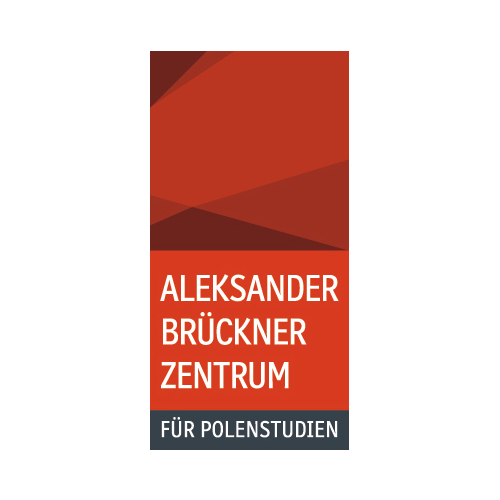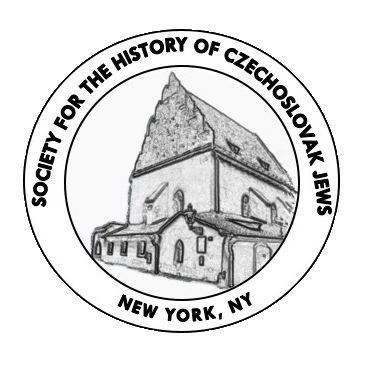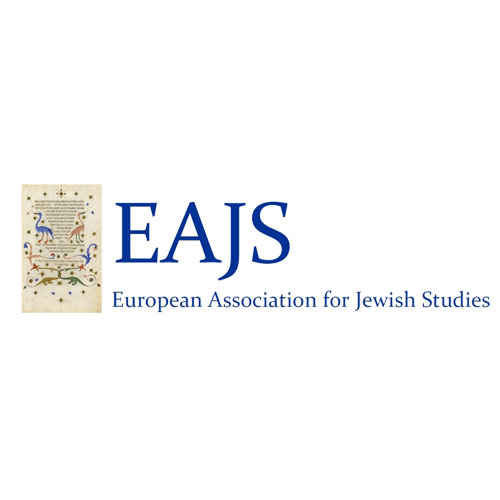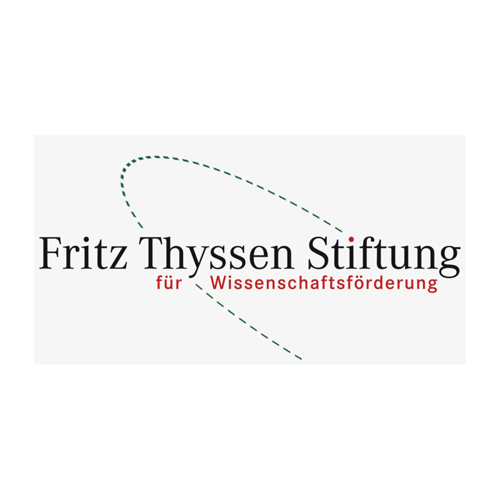“Why Go Be a Beggar in a Foreign Land?” Local Identity in Bohemian Jewish Literary Sources from the 1830-1840s
3 March 2015 - 5 PM
Jindřich Toman (University of Michigan)
In 1828 the young poet L. A. Frankl (1810-1894) left his small Bohemian birthplace, Chrast, and moved to Vienna, where he published a collection entitled Das Habsburglied (1832), essentially a set of eulogies to the ruling dynasty. In choosing the theme of the ruling dynasty and the language of the empire, German, Frankl thus asserted his imperial loyalty. Ten years later or so another Bohemian Jewish author, Jacob Kaufmann (1814-1871), published a prose entitled Der böhmische Dorfjude (1841), which pictures Jews as living “at home” side by side with its Czech neighbors. And five years later Siegfried Kapper (1821-1879) published his České listy, a collection written in Czech in which he explicitly calls for Czech-Jewish symbiosis in a common “fatherland.” Assuming Frankl, Kaufmann and Kapper define a relevant literary space, we interrogate the possibility of whether there is a point in this period at which imperial loyalty shifts to local loyalty, i.e., when a Jewish identity emerges that is locally contextualized without being assimilatory.




























